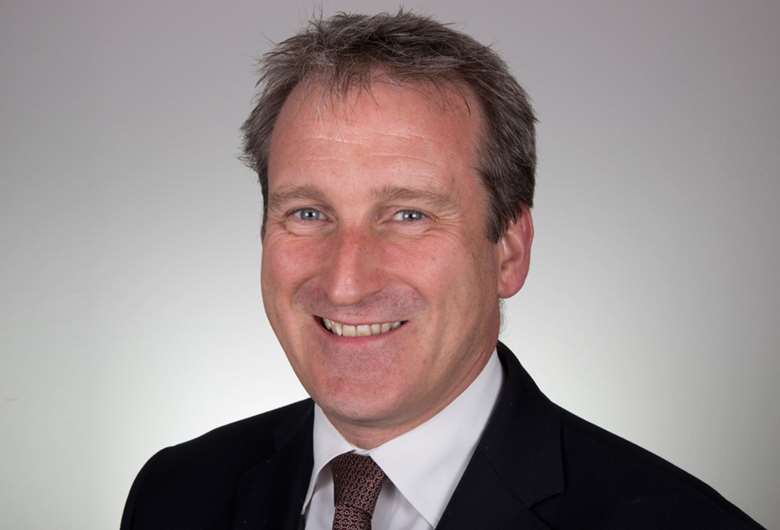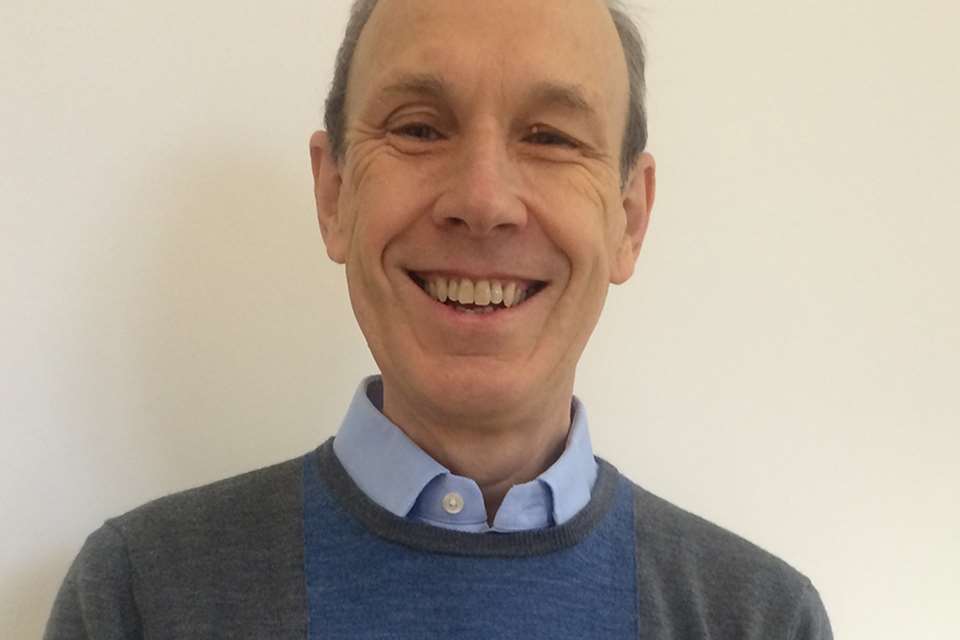Government sets out plans for mental health support teams in schools
Wednesday, July 25, 2018
Plans to support children’s mental health in schools do not go far enough, child experts say.

- Hundreds to be recruited for new mental health support teams in schools
- New Education and Mental Health Practitioner courses
- Designated senior leads for mental health in schools and colleges
In its response to the Children and Young Persons Mental Health Green Paper, published today, ministers announced that hundreds of new mental health workers will work with schools and colleges, with up to 8,000 recruited in the longer-term.
Trailblazers will be set up in some schools and colleges, made up of NHS, schools, local authorities and voluntary sector organisations, to pilot and roll-out mental health support teams.
Mental Health Support Teams (MHST) will treat those with mild to moderate mental health issues in school, and will help children and young people with more severe needs to access the right support and provide a link to specialist NHS services.
A number of higher education institutions in England will offer Education Mental Health Practitioner courses from January, with the first teams working in trailblazer areas from the end of 2019.
The trailblazer areas across the country will test how teams can work with other services and how they can accelerate the wider transformation of mental health care for children and young people.
There will also be designated senior leads for mental health in schools and colleges.
Designated senior leads for mental health in school or college are likely to be an existing member of staff, senior enough to take a strategic overview of the institution’s approach to mental health and wellbeing, including oversight and evaluation of what is already being done. This can include how to support staff mental health and wellbeing as well as that of pupils, including how we use new technology to aid this.
A consultation will commit to piloting four-week waiting times for access to specialist NHS children and young people’s mental health services. These pilots will test the feasibility of these types of waiting times, as well as looking at different models, service types and settings in which this could work.
The Government has also asked the NHS to produce a 10-year plan to support mental health and these new initiatives will support this plan and are its first steps towards longer-term ambitions.
Health and Social Care Secretary Matt Hancock said, ‘Growing up can be a difficult time, especially with the added pressures modern society brings. Children and young people must feel supported with their mental health needs and I am determined to keep people healthy, treat their problems quickly and provide services closer to home.
‘By creating a dedicated new workforce in schools, which when in post could equate to more than the entire total current child and young person’s mental health NHS workforce, we will support each and every child in fulfilling their potential as we transform mental health services in this country.’
The Education Secretary has also published new plans to make sure all schools teach children about good physical and mental health, how to stay safe on and offline, and the importance of healthy relationships.
Education Secretary Damian Hinds said, ‘Young people today face different pressures from those of the generations before them and, at times, it can prove difficult to know how to navigate them. I want to make sure that when signs of mental illness appear, young people know where they can access appropriate support.’
Key points
- The first set of trailblazers will be announced in autumn 2018 with training beginning in January 2019. Mental Health Support Teams (MHST) should be operational by December 2019.
- In autumn 2018, further details and information will be available on how individuals can apply to train and work as part of these teams. Recruitment will also start in autumn 2018.
- The trailblazers will be rolled-out to at least 20-25 per cent of the population by the end of 2022/23
- The seven Higher Education Institutions are: University of Reading, University of Northumbria at Newcastle, Greater Manchester Mental Health CBT Training Centre, Kings College London, University College London, University of Northampton, University of Exeter.
'Missed opportunity'
Dr Max Davie, Officer for Health Promotion for the Royal College of Paediatrics and Child Health (RCPCH), called on the Government to act now to support struggling mental health teams.
‘We know there is high demand for mental health support in educational settings therefore additional investment in support staff in this sector is a move that’s welcome.
‘However, children and young people’s mental health cannot be supported by one service alone. It takes a number of teams working collaboratively and inclusively to provide patients with the best possible outcomes. What’s needed is more resource to support the integration of child health, primary care and other agencies within a local child and adolescent mental health system. We need all professionals who work with children and young people to be trained in mental health so they can identify problems at the earliest opportunity.
‘Mental health is one of the biggest epidemics of our time and while the Government has rather disappointingly missed an opportunity with their response to this green paper, it can be addressed with the upcoming long-term 10-year plan. We ask Government to support the existing struggling system around children's mental health, integrating care so schemes like the “trailblazers” can have maximum impact. Failure to do so will result in the most vulnerable children being let down and risk wider mental health services collapsing through exhaustion.’
Matthew Reed, chief executive of The Children’s Society, said the Government’s commitment to put more support into schools did not go ‘nearly far enough to address the crisis in children’s mental health services.
‘Hundreds of thousands of young people are struggling with mental ill-health and these proposals fall short of what is needed to urgently tackle long waiting times and shortcomings in support.
‘As little as one fifth of the country would benefit from the planned pilot schemes, meaning the current postcode lottery will continue for the foreseeable future and it could be years before the changes are rolled out.'
He called for more funding, saying that there was little in the plans to improve early support for the most vulnerable groups of children - including those affected by sexual abuse and neglect, domestic violence, those excluded from school and refugee children, which can prevent mental health problems from escalating.
'Accelerate the roll-out'
Paul Whiteman, general secretary of school leaders’ union NAHT, said schools and teachers could not take care of children and young people’s mental health on their own.
‘NAHT has been absolutely clear on the right role for schools and their staff and Government have accepted this, ' he said. 'The role of the new Designated Mental Health leads in schools is not that of a mental health professional, and teachers and school leaders should not be involved in the diagnosis or treatment of mental health conditions. We welcome the Government’s commitment that appropriate and high quality funded training will be available to schools.’
Mr Whiteman also urged the Government to accelerate the rollout of the mental health support teams, saying he remained concerned for the children, young people and schools who may still see no improvement in mental health support in their area for many years.'
He said that a recent study showed that only a quarter of children and teenagers who need treatment for mental health problems are able to access it, with many having to wait as long as 18 months before they receive any help.
‘With only 20-25 per cent of the country involved over the next five years, too many children and young people will continue to struggle without help, their health and education suffering based on a postcode lottery.
‘The integration of more mental health professionals in schools, to provide early support and intervention, has the potential to really make a difference to children and young people,' he said.








